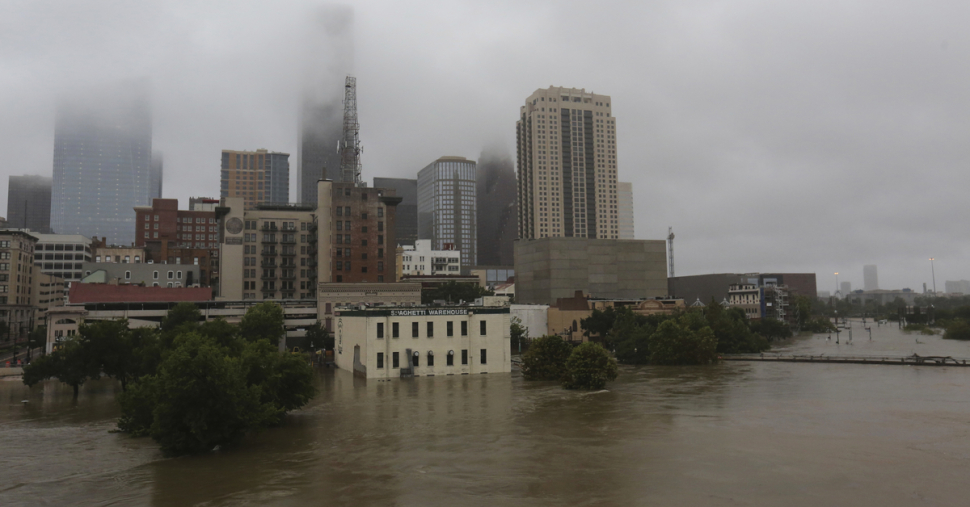Two groups of scientists from the University of Houston are reportedly studying changes in the environment after Hurricane Harvey.
Videos by Rare
One team is set to study effects the storm brought on the city’s bayous, with the other examining impacts of floodwaters on Galveston Bay.
The projects are said to be part of a series of studies funded by the National Science Foundation intended to measure the short- and long-term impacts of the storm.
According to reports, one group will collect sediment samples from the bottom of Galveston Bay and compare them to samples collected just weeks prior to the hurricane; some of the samples will be collected from natural inlet areas, such as Bolivar Roads and San Luis Pass.
RELATED: EPA: AP Article On Harvey’s Environmental Damage “Misleading”
Geophysics professors Will Sager and Julia Wellner will reportedly oversee the operation, while their fellow professor, Rob Stewart, will analyze the data at the school’s Allied Geophysical Laboratory.
“We’re repeating the surveys as a way to see what the intense flood did to move sediment,” Wellner said in an interview with a national science magazine.
Meanwhile, they said they will examine how the storm affected the city’s bayou system.
According to the group’s NSF grant application, the researchers will take samples from Brays, Buffalo, Greens and Peach Creek Bayous to examine “the chemical pollution and microbiological contamination in Houston waterways post-Harvey” and how each one “represent(s) different flow and land use/land cover regimes, and pollutant sources.”
RELATED: Danger Still Lurks for Post-Harvey Cleanup Workers
University of Houston professor Hanadi Rifai is said to be heading up the research team.
“We’re trying to see, well, what do they look like right after the storm, and how well will they recover – or would they actually recover – to what was there before Harvey occurred,” Rifai said in an interview with Houston Public Media.
The bayou study will collect samples for at least a year, after which they will begin to analyze the changes prior to and after the hurricane.
Both groups said they expect their results will help policy makers determine how to prevent further environmental damage from future storms.
[anvplayer video=”4171219″]



